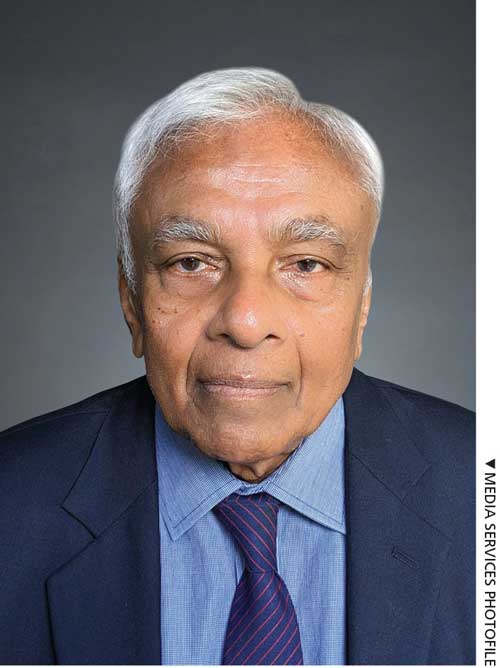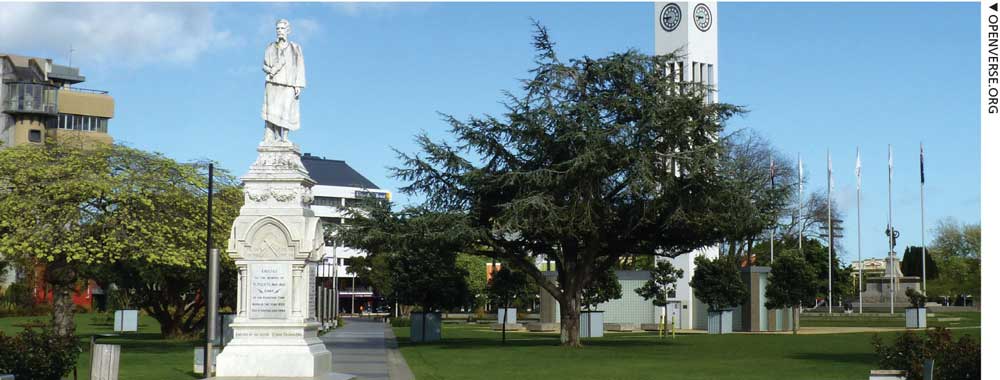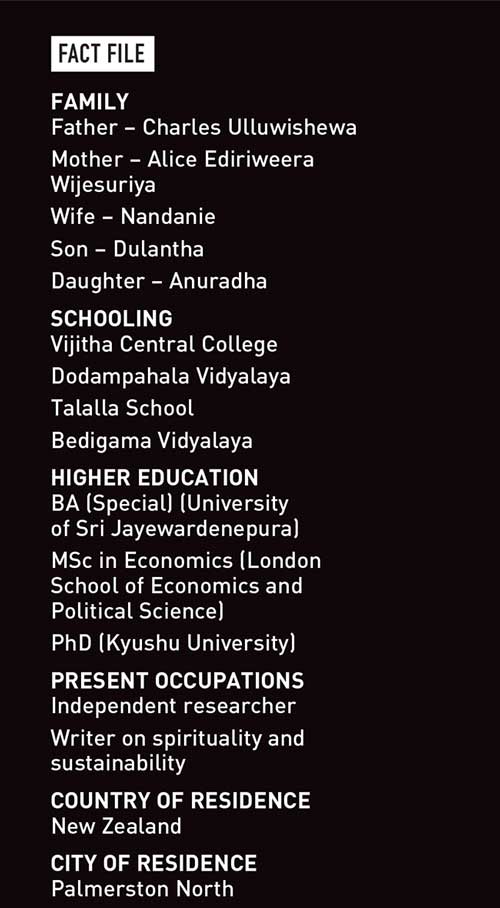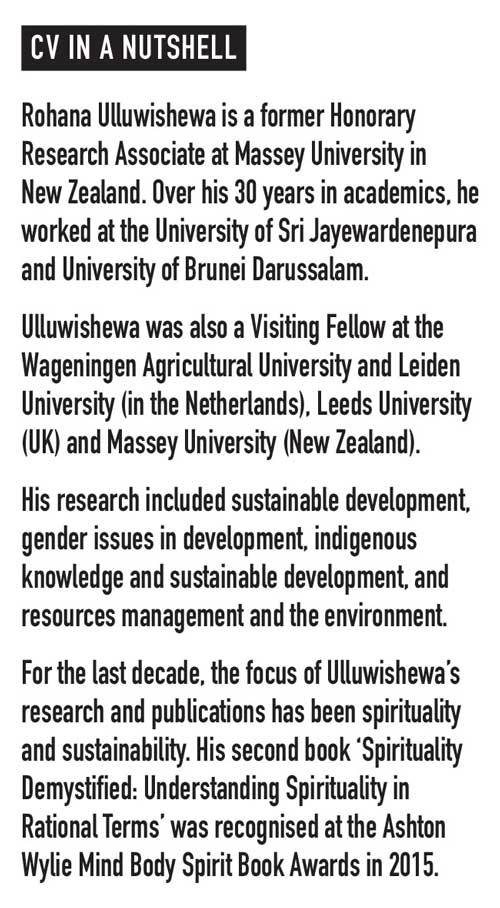Rohana Ulluwishewa
Pursuing spiritual growth

Q: How did you become interested in spirituality and sustainability?
A: As a development geographer, I tackled issues like poverty and inequality with a belief in materialistic solutions. Yet, my dissatisfaction with these explanations led me to question why development often failed despite substantial investments.
Towards the end of my career, I recognised the importance of inner changes alongside external efforts. I realised thatthe core obstacles to successful development lies in our spiritual underdevelopment, reflected in self-centredness, fear and greed.
This realisation drove me to become a writer and researcher.

Q: How did it feel to be recognised as a finalist at the International Book Awards back in 2014?
A: The inspiration behind my first book (Spirituality and Sustainable Development) stemmed from my newfound insight that sustainable development requires spiritual transformation among leaders, decision makers and the population.
Being recognised as a finalist at the International Book Awards in 2014 was both surprising and incredibly exciting.
While the book conveyed a unique and crucial message to the world, I was also aware of the challenges in gaining international acceptance for such a missive. The recognition felt like a blessing, offering encouragement and support in overcoming these challenges.
Q: Can you share a few insights you’ve gained from your research…
A: For many individuals, spirituality and religion are often perceived as interchangeable, leading to a tendency to overlook their practical aspects. I made a clear distinction between them, presenting spirituality in a rational and scientific manner as a process of inner transformation.
This process diminishes self-centredness, and enhances inner peace, love, happiness, wisdom and creativity, making it a suitable academic discipline for integration into formal education.
I have also underscored its practical significance in achieving secular objectives such as sustainability, economic growth, success in management, business and professional development, physical and mental health, and wellbeing.

Q: What are the cultural aspects of New Zealand that you find most interesting or unique?
A: Before moving to New Zealand, I lived in several affluent countries such as Germany, the UK, Japan and Brunei.
What I find unique about society and culture in New Zealand is the sense of peacefulness and admirable qualities exhibited by the majority – such as helpfulness, discipline, adherence to the law, humility, honesty and truthfulness.
Even though the majority of New Zealanders may not be religious, they seem to possess a strong sense of spirituality.
I’ve become more disciplined in my day-to-day life since arriving in New Zealand. And I believe that these positive attributes of the people have made a significant contribution to the country’s economic prosperity.


